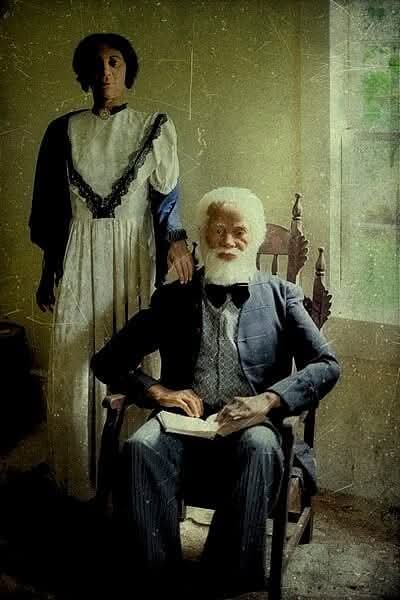In 1877, nearly fifty years after escaping slavery, Josiah Henson returned to the Maryland plantation where he had spent most of his life enslaved. On arrival, he was met by an African American boy and inquired about Mrs. Riley, the wife of his former enslaver.
“Does Mrs. Riley live here?” Henson asked. “Yes, sir,” replied the boy. “Is she at home?” “She’s poorly and still in bed today,” the boy answered.
Henson explained he had come a long way to see her, and soon enough, the boy returned to let him know she would see him. When he entered the room, he saw Mrs. Riley, who was now a frail woman, far different from the vibrant young woman he once knew. Her room was nearly bare, with little left of the familiar furnishings of his past.
Approaching her bedside, Henson greeted her politely. She looked him over, trying to remember his face, but struggled to recognize him.
Suddenly, a memory surfaced, and she cried, “Can it be Si?”
“Yes, madam,” Henson replied, and as she examined his arms, where he had once suffered injuries defending her husband, she was convinced.
“Oh, it is Si! Your master is gone now,” she said, lamenting her husband’s passing.
“My true Master is alive,” Henson replied gently.
Mrs. Riley then remarked, with newfound respect, “Si, you are a gentleman!”
And Henson replied simply, “I always was, madam.”
This powerful encounter from Josiah Henson’s autobiography, An Autobiography of the Rev. Josiah Henson, reveals the dignity with which he faced his past. His life story became one of resilience, offering a voice for the countless enslaved individuals whose experiences shaped history.
Presented by R-Evolution’s “THE ANCESTORS SPEAK” series.
